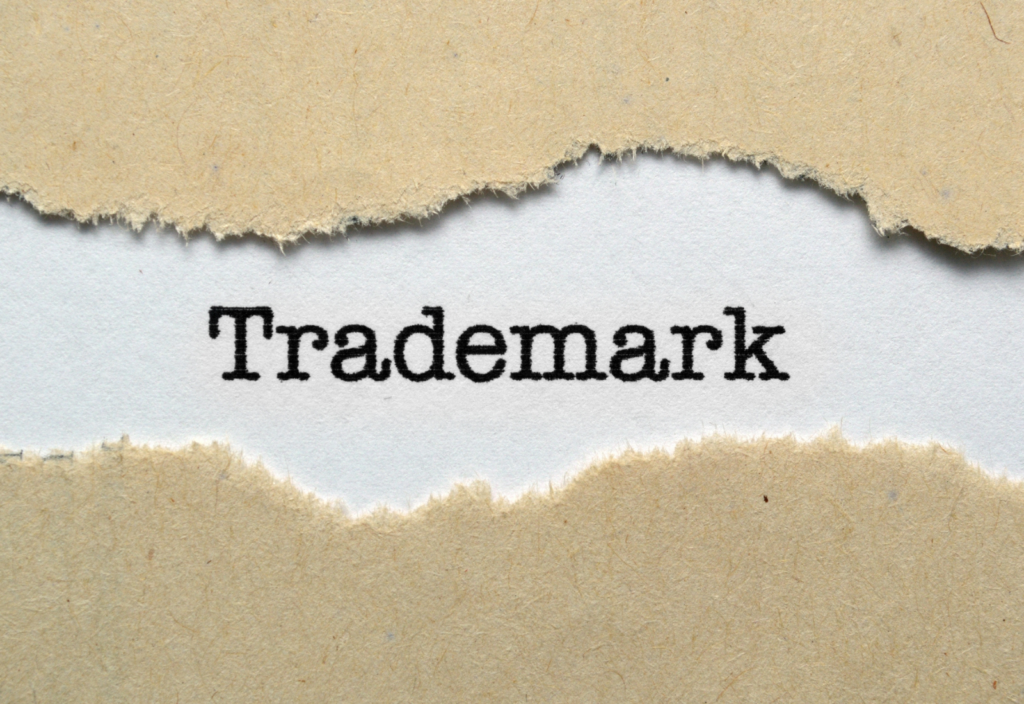Recently, someone asked me to give them my “elevator pitch” regarding China trademarks. Well, here it is.
1. By far the most important thing to know about the subject is that China is a “first to file” country. This means that (with very few exceptions) whoever first files for a particular trademark in a particular category gets it. So if ABC Company has been manufacturing its shoes in China since 2015, without registering a trademark, and then XYZ Company files an application to register the ABC trademark in 2020, XYZ Company gets the trademark. What’s worse, XYZ Company can stop ABC Company’s shoes from leaving China because those shoes violate XYZ Company’s trademark.
2. Hong Kong and Macau (and of course Taiwan) have separate trademark systems from that of Mainland China. This means that a mark registered in Hong Kong is no good in China, just as a Hong Kong company is (pretty much) considered a foreign company in China. When timing trademark applications be sure to keep this in mind, as trademark hijackers review trademark filings and may quickly file to register “your” trademark for themselves in some other jurisdiction before you are able to do so. The same logic applies to registrations across Asia. Take the time to determine all jurisdictions where you might potentially want to use your trademark, and file applications concurrently. The cost of applying for a trademark you end up not using will be far less than that of not owing your own trademark in a key market.
3. Companies need to consider exactly what it is that they want to trademark. Do they register just their English-language name? Do they register a Chinese name as well? If they do not have a Chinese name, should they create one? Should that Chinese name be a direct translation or an approximation of the English sound? Determining these things often requires both a China trademark lawyer and a China marketer. In Hermès’ China Trademark Case. Do You Know What Trademarks You Really Need? we talked about how my firm’s clients typically handle these issues:
In situations where our clients are making product in China for export only and their product has the trademark on it only in English, securing just an English language trademark is usually enough. In situations where a company intends to manufacture its product in China and eventually sell in China, the company must weigh the costs and benefits of securing a Mandarin (or other language) trademark now, or just wait. In situations where the company knows it will be selling its product in China right away, it needs to analyze the options set forth … above. I would say that in almost all instances where our client’s trademark has actual meaning … they have chosen to trademark both the English and the Mandarin of the word. Rarely do our clients seek a China trademark in a language other than either English or Mandarin. Only around 25% of the time do our clients seek to secure the trademark for a transliterated or phonetic version of their English language trademark. Most of the time, they choose to wait and see how their product does in China and then, if it proves successful, they usually come back and register more on it. Waiting also allows them to see exactly what the Chinese will call their product. The downside to waiting is that someone else may register the name in the meantime.
4. Companies need to take a long-term approach to their China trademark filings. Sure, they are only making shoes now, but what about plans to eventually expand to wallets. Should they register their trademark in the trademark class/category that encompasses wallets? Do they care if someone makes shoe polish with their name on it? As mentioned above, the same applies to jurisdictions. Right now a company may only be thinking of the vast China market, but is it only a matter of time before they want to sell in Vietnam and Indonesia?
5. Finally, trademark registration in China will almost always be advisable even for companies that are only manufacturing in China. I once had a client tell me he did not care if his product was pirated in China, as his only concern was with his home market in Latin America. However, as I explained, failure to register his trademark in China could have some very problematic consequences.
If, for example, his China supplier registered the trademark in its own name, then the supplier could prevent him from looking for a different supplier in case of a dispute (or if he simply wanted to have more than one authorized supplier). In addition, the original supplier could record the trademark with China Customs and prevent his products from leaving China (as described above).
There you have it … now act on it!

























